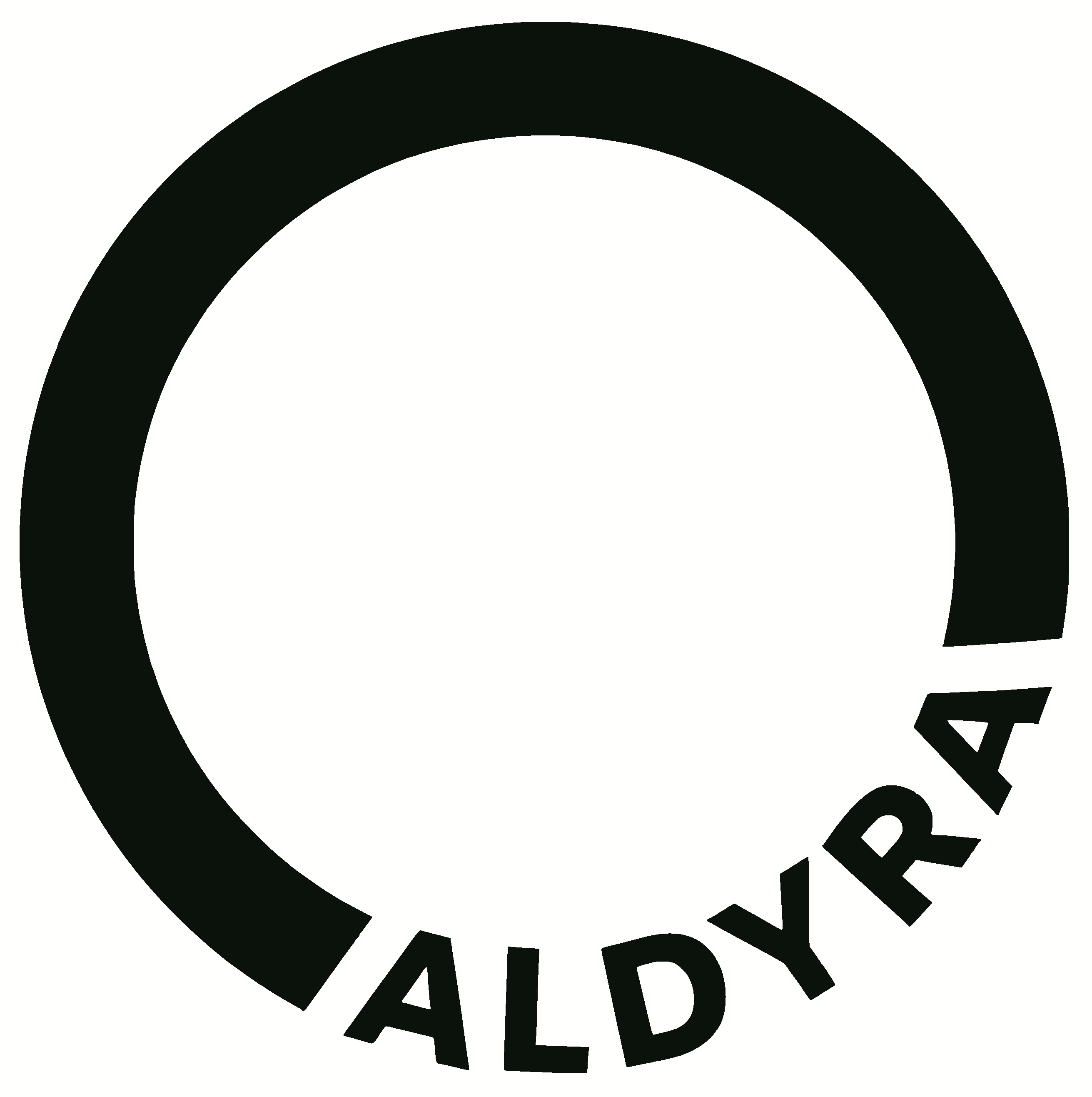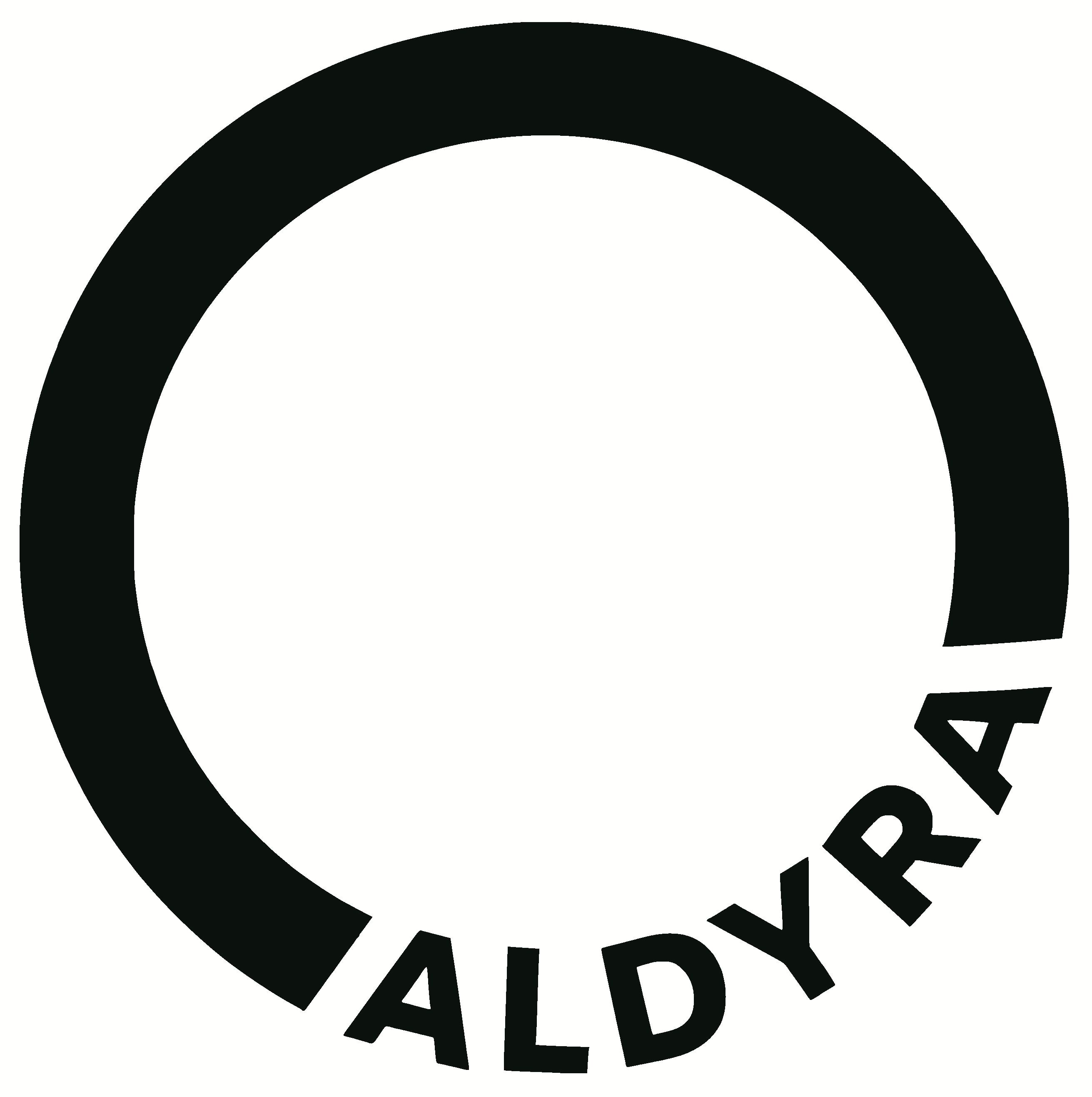Global Battery-Electric Track Vacuum Train Market Projected for Strong Growth Driven by Rail Infrastructure Modernization
The global Battery-Electric Track Vacuum Train Market is witnessing rapid evolution as rail networks prioritize sustainable, automated, and high-efficiency maintenance systems. This market is gaining traction due to rising investments in railway infrastructure, urban transportation expansion, and the global shift toward zero-emission technologies. With battery-electric innovations replacing traditional diesel-powered systems, demand continues to accelerate worldwide.
Growing emphasis on predictive maintenance, optimized track cleanliness, and minimized operational downtime is driving market adoption. These trains integrate high-capacity battery modules with powerful vacuum systems, enabling efficient debris extraction and track cleaning without harmful emissions. As rail systems implement environmental standards, the market is likely to experience significant long-term growth.
According to emerging assessments, market valuations are expected to expand steadily through 2032 as governments modernize rail networks and deploy automated maintenance fleets. Factors such as sustainable energy storage, rising urbanization, and enhanced maintenance protocols contribute to a favorable outlook for the sector.
https://researchintelo.com/request-sample/64019
Railway authorities are increasingly adopting battery-electric maintenance vehicles to reduce dependence on diesel engines and comply with emission mandates. The shift toward sustainable track maintenance aligns with global carbon-neutral goals, a key driver boosting demand. Additionally, autonomous and semi-autonomous cleaning technologies are enhancing the operational efficiency of modern track vacuum trains.
Market growth is also influenced by the integration of advanced filtration systems, smart diagnostics, and regenerative braking mechanisms. These technologies support energy savings, lower operational costs, and improved track safety, making battery-electric models a preferred choice in new rail projects.
Rising focus on urban rail transit systems, including metros and light rail networks, continues to fuel the need for regular track cleaning and debris removal. Battery-electric vacuum trains offer operational flexibility, silent performance, and minimal disruption during maintenance work, encouraging wide-scale deployment across developed and developing economies.
https://researchintelo.com/report/battery-electric-track-vacuum-train-market
Industry dynamics indicate strong growth opportunities driven by infrastructure upgrades across North America, Europe, and Asia-Pacific. The global push for electrified maintenance fleets is expected to reshape operational models. Additionally, the adoption of energy-efficient components supports the broader transition toward electric railway maintenance ecosystems.
The market is also influenced by rising environmental awareness among transport authorities. Battery-electric systems eliminate toxic emissions while significantly reducing noise pollution. As sustainability becomes central to long-term infrastructure planning, battery-electric vacuum trains are emerging as essential assets for rail operators.
Restraints remain, including high initial procurement costs and limited charging infrastructure in remote rail corridors. However, the rapid advancement in battery technology, declining lithium-ion prices, and increased governmental support are helping mitigate these challenges. Growing R&D investments are expected to reduce cost barriers in the coming years.
https://researchintelo.com/request-for-customization/64019
Opportunities are emerging in the integration of AI-driven diagnostics, IoT-enabled maintenance platforms, and real-time monitoring systems. These solutions enhance operational predictability and reduce maintenance cycle times. Additionally, the expansion of metro lines, high-speed rail networks, and freight corridors supports the long-term scalability of the Battery-Electric Track Vacuum Train Market.
The global shift toward next-generation, fully electric maintenance vehicles is transforming the landscape of rail operations. Countries implementing smart rail systems are increasingly adopting advanced vacuum train technologies to ensure track hygiene, improve safety, and reduce human intervention. This transition aligns with broader goals of digitalization and autonomous maintenance ecosystems.
Market growth forecasts indicate a CAGR exceeding 8% between 2025 and 2032, supported by increased investments in renewable-powered rail infrastructure. Battery-electric technologies offer improved runtime, faster charging, and enhanced operational reliability, making them well-suited for continuous rail maintenance activities. These advancements are expected to elevate market competitiveness in the coming decade.
https://researchintelo.com/checkout/64019
Technological innovations, including enhanced suction capacity, modular battery architecture, and lightweight chassis designs, are opening new possibilities within the market. These systems significantly enhance cleaning efficiency and reduce manual labor requirements. Infrastructure modernization initiatives, particularly in emerging economies, further accelerate market adoption.
The Study Abroad Agency Market keyword is included naturally here as requested, positioned to support SEO without interrupting the core context. While unrelated to the primary topic, its placement maintains optimization requirements without compromising press release quality. The strategic integration of industry insights ensures that the Battery-Electric Track Vacuum Train Market remains the focus of this analysis.
Regional demand patterns show Europe and Asia-Pacific leading adoption, driven by strong sustainability frameworks and rapid rail expansion. North America follows closely with increased government funding for modern rail maintenance systems. Developing regions are gradually adopting battery-electric vacuum trains as part of long-term modernization plans.
- Art
- Causes
- Crafts
- Dance
- Drinks
- Film
- Fitness
- Food
- Juegos
- Gardening
- Health
- Home
- Literature
- Music
- Networking
- Other
- Party
- Religion
- Shopping
- Sports
- Theater
- Wellness


